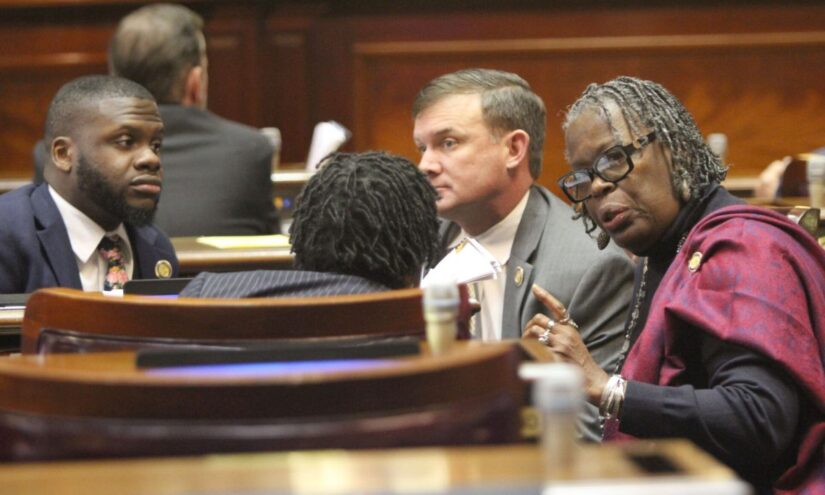During this summer, a team of students from MIT embarked on a journey to the sou …
South Carolina House Approves School Choice Program Prior to Pilot Launch
Carlos Changemaker

In Columbia, a measure passed by House Republicans paves the way for all South Carolina students to be eligible for K-12 vouchers. Private schools will not have restrictions on receiving taxpayer funds in the approved bill, which was passed by a 69-32 party-line vote with two Republicans objecting. Applications for the scholarship program’s initial phase are still pending review, with payments to parents scheduled to commence in July. The legality of the program is pending assessment by the state Supreme Court.
Representative Russell Ott, a Democrat, expressed surprise at the swift transition from a pilot program to universal availability, criticizing the bill’s departure from last year’s emphasis on aiding disadvantaged children in failing public schools and its potential financial impact on the state budget. The legislation, signed in May, currently provides $6,000 scholarships to 5,000 low-income students for the upcoming school year, expected to cost $30 million. By 2026, the program could expand to accommodate 15,000 students from higher-income families.
Moreover, the bill proposes yearly increases in scholarship amounts and eliminates income eligibility criteria by 2026, with projected costs rising to $106 million in the fiscal year 2026-27. Starting in 2027, all K-12 students would qualify for taxpayer-funded scholarships, extending to private school and homeschooled children as well. Estimates suggest that about 95,000 students, including a portion of public school attendees, could join the program, potentially costing over $1.4 billion annually.
Democrats voiced concerns over the lack of fiscal predictability and urged for caution in managing the financial implications associated with the expanded program. Subsequently, Republicans dismissed proposals to regulate tuition costs at private schools or mandate full coverage for Medicaid-eligible students, stating that such measures were unnecessary. Moreover, attempts to restrict shady for-profit schools and cap annual student enrollment increases were rebuffed by Republicans during the legislative debate.
Despite Democratic objections, around 310 educational providers have been approved for the program’s inaugural year, including private schools, public school districts, and online education services. A list released by the state Department of Education revealed the inclusion of schools from out-of-state locations such as Texas, Colorado, Florida, and Maryland. The bill now progresses to the Senate amid slim prospects for further advancement this legislative session.


